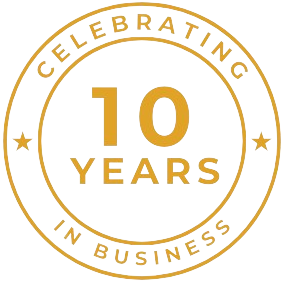Early one morning when I was an assistant manager at a staffing agency, I could hear one of our newly promoted recruiters typing at her computer. I could hear her because I guess she wasn’t really typing, she was banging on her keyboard in a very angry manner. She was responding to also a very angry email from one of her applicants.
The applicant felt like this recruiter hadn’t really been sending her out on enough interviews and possibly really didn’t care about her, wasn’t working for her, and so the recruiter was drafting about the same kind of nasty, angry email back. Fortunately, I intervened before she hit send and I told her to back away from the keyboard. I then went on to coach her to draft a new email that thanked the applicant for her feedback and to share what the next steps would be. The recruiter looked at me with complete confusion, and probably anger, and could not understand how I would possibly have her thank this applicant for the feedback.
I assured her that responding with kindness was more likely to achieve better results.
I finally convinced her and she responded with the email we drafted together with kindness, and the applicant called her. The applicant apologized for the angry email, shared with her all of the frustrations that she was having being unemployed, the fear that she had, everything that was going on with her, and they were able to move forward in a positive, professional relationship.
So often the communication that’s sent to us when it tends to be angry or strange or awkward, whatever it is, it’s rarely about you, the receiver on the other end. The majority of the time it has to do with the other person, something that they’re going through or a situation they just came out of and they drafted an email, or they got into a meeting with you. It’s rarely, rarely about you.
Now, it’s not your role to uncover why they are sending this communication in the way that they are, but your role is to assume that it is not about you, and in turn, reply with kindness and see where you can go from there. I’m going to encourage you that in your next communication to pause, take a moment, and don’t react. Instead, respond in kindness and see where it takes you moving forward!

